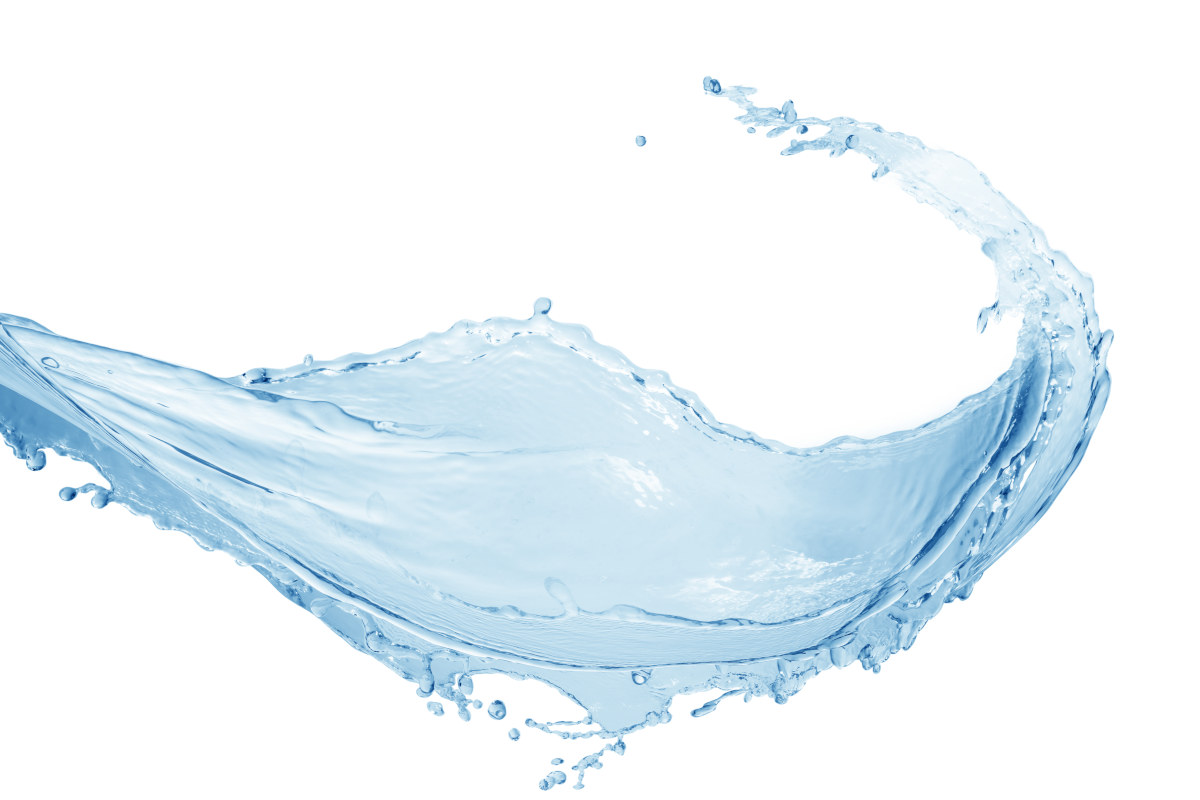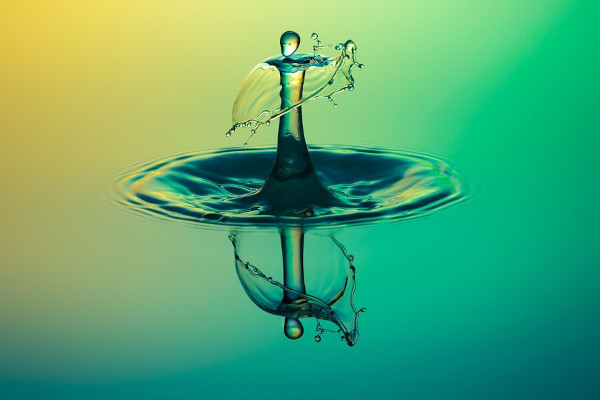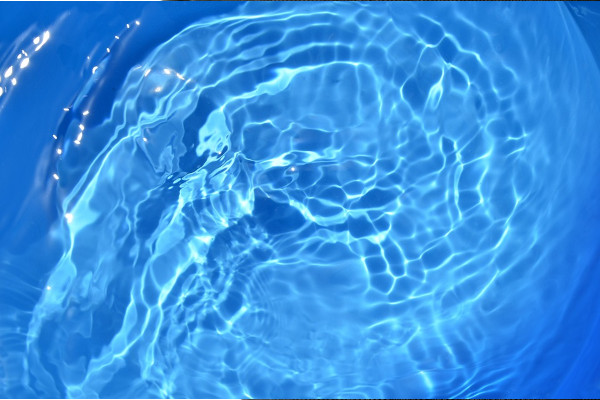Featured Information

Water consumption plays a vital role in maintaining optimal brain health. The brain is composed of about 75% water, and even slight dehydration can have negative effects on its function. Here are some ways in which water consumption affects brain health:
Hydration and brain function
Adequate hydration is essential for optimal brain function. When you’re dehydrated, your brain cells lose efficiency in transmitting electrical signals, which can result in impaired cognitive abilities, difficulty concentrating, and reduced alertness.
Mood and mental well-being
Dehydration can also impact mood and mental well-being. Studies have shown that even mild dehydration can lead to mood disturbances, increased feelings of anxiety, and a decrease in overall well-being. Staying properly hydrated can help support positive mental health.
Cognitive performance
Water intake has been linked to cognitive performance. Research suggests that maintaining hydration levels may improve memory, attention, and reaction times. Hydration can enhance cognitive abilities and help you think more clearly and efficiently.
Headache prevention
Dehydration is a common trigger for headaches and migraines. Drinking enough water throughout the day can help reduce the frequency and intensity of headaches, which can have a positive impact on brain health and overall quality of life.
Removal of toxins

Water helps remove toxins from the body in several ways. Firstly, it supports the functioning of the kidneys, which are responsible for filtering waste products from the blood and excreting them as urine. Sufficient water intake ensures proper kidney function and facilitates the elimination of toxins. Additionally, water supports other elimination processes, such as sweating and bowel movements, which help remove toxins from the body. Adequate hydration also promotes optimal circulation, allowing nutrients and oxygen to reach cells while aiding the transport of waste products away from tissues. Through these mechanisms, water plays a vital role in detoxification and maintaining overall health.
Brain structure and protection
Water provides cushioning and protection to the brain by acting as a shock absorber. It helps maintain the proper balance of cerebrospinal fluid, which protects the brain from impact and injury.
To maintain good brain health, it is generally recommended to drink an adequate amount of water throughout the day. Individual hydration needs can vary, but a common guideline is to consume about 8 cups (64 ounces) of water per day, although this can vary based on factors like climate, physical activity level, and individual differences. It’s important to listen to your body’s signals and increase your water intake if you feel thirsty or notice signs of dehydration.



